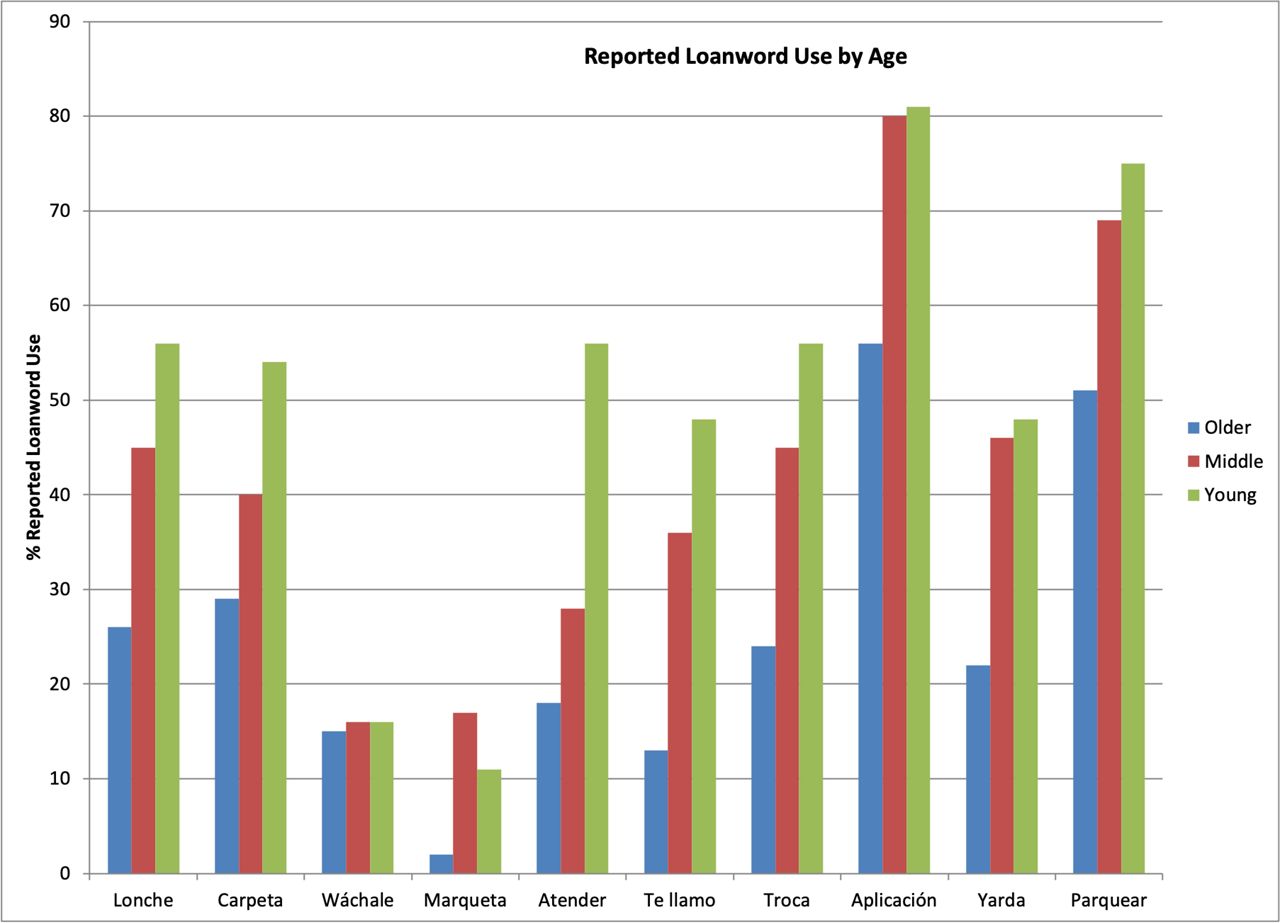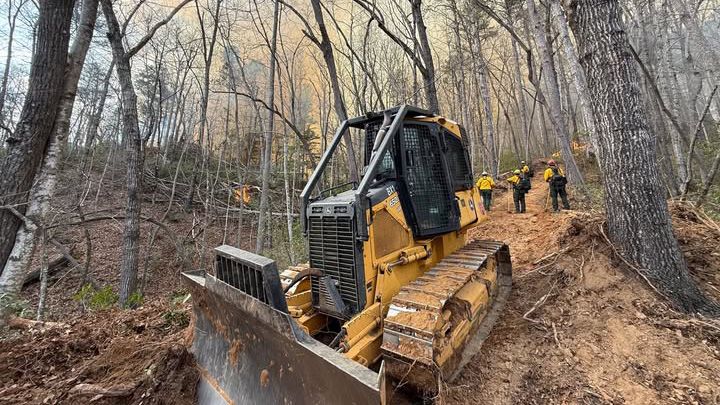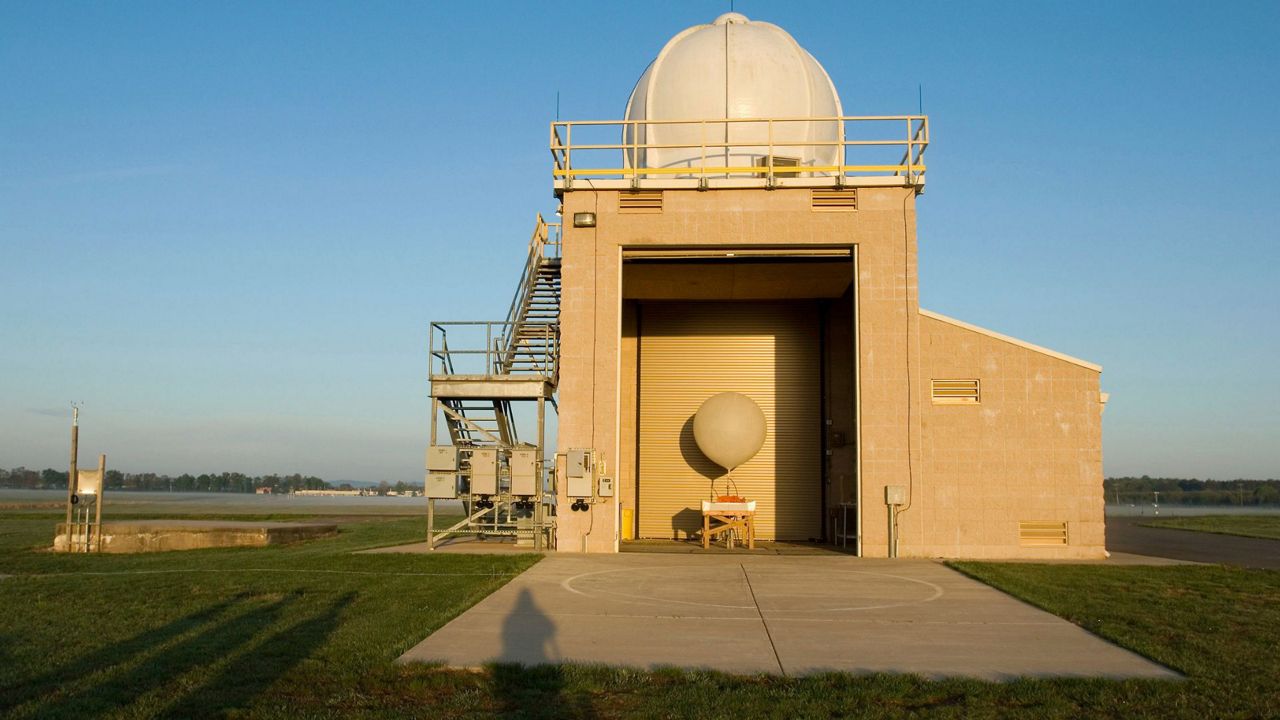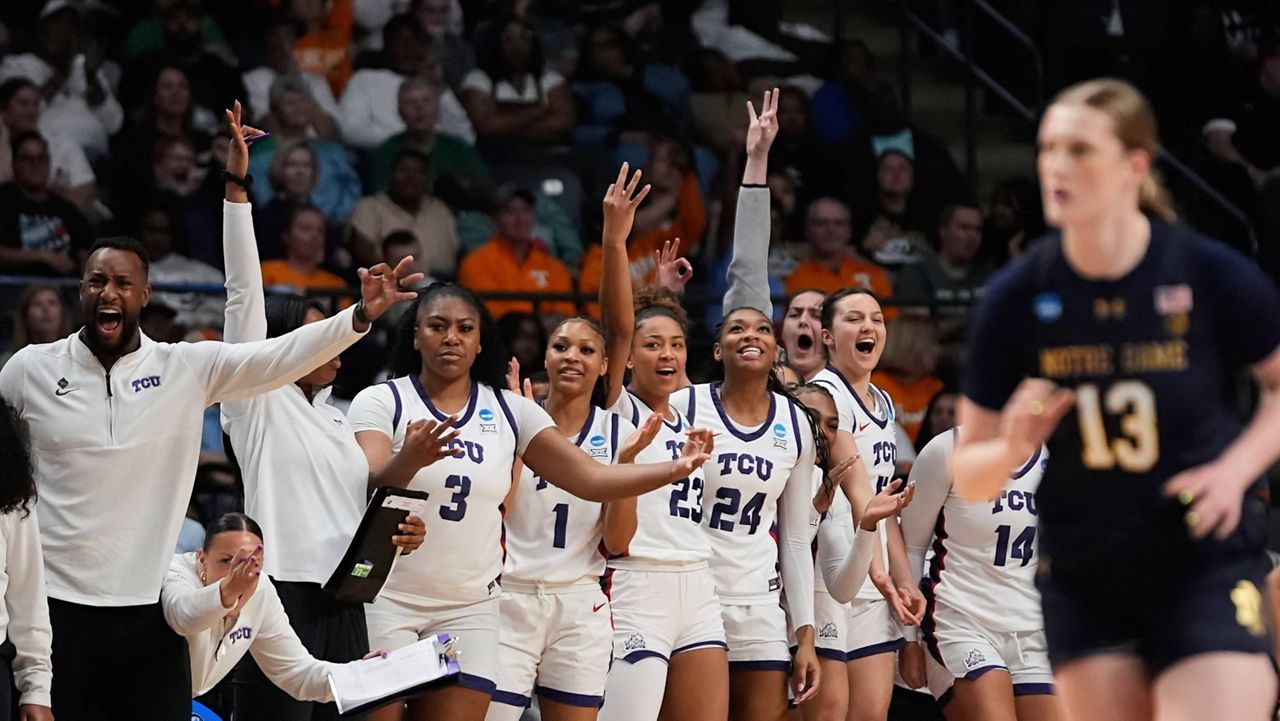RALEIGH, N.C. — A 10-year study on the Spanish language in North Carolina shows how words are changing over the years and interacting with English.
Unique dialect of Spanish is changing in N.C. as some English words are adopted
Younger population is more responsible for the use of loanwords
Bilingual speakers are often criticized — they shouldn't be
Professor of Hispanic Linguistics at N.C. State Jim Michnowicz is part of the study.
"What's so interesting about Spanish here in North Carolina is it's a newly forming Spanish community," Michnowicz said. "It's not like California or Texas that have had Spanish speakers there for hundreds of years. Our Spanish population really took off in the '90s."
He says that recent history allows him to look at the initial moments of Spanish-English contact in North Carolina.
"Spanish speakers will take an English word — either an English word there is not a good concept for in Spanish, or one that there is but it might represent something slightly different, or it just represents that they're bilingual living in this bilingual environment — and they will take these words and pull them into Spanish," Michnowicz said.
Beyond these changes, he says his studies debunk myths of Spanish speakers not learning English.
"We have tons of data that shows that rather than being a problem of learning English, it becomes a problem of preserving Spanish," Michnowicz said.
He says bilingual Spanish speakers are often criticized, which pushes them to completely switch to speaking only English, rather than a hybrid between the two.
"From a scientific standpoint, these varieties, these dialects are just as valid as any that you would find in Mexico or Spain," Michnowicz said. "That's the message we really want to try to get out ... to be proud of being bilingual and to recognize and value those forms that you bring."











